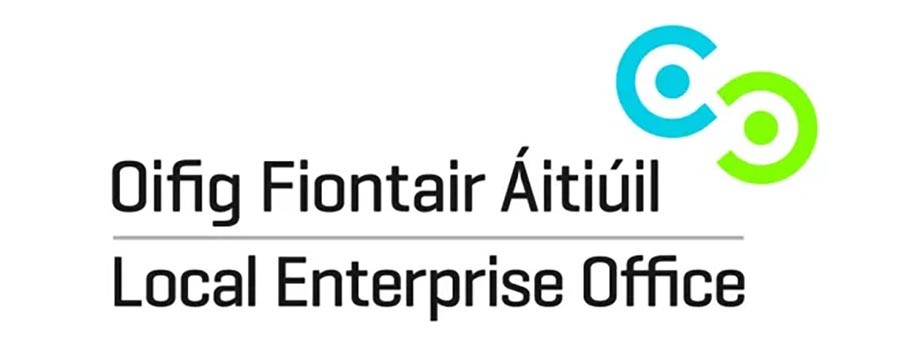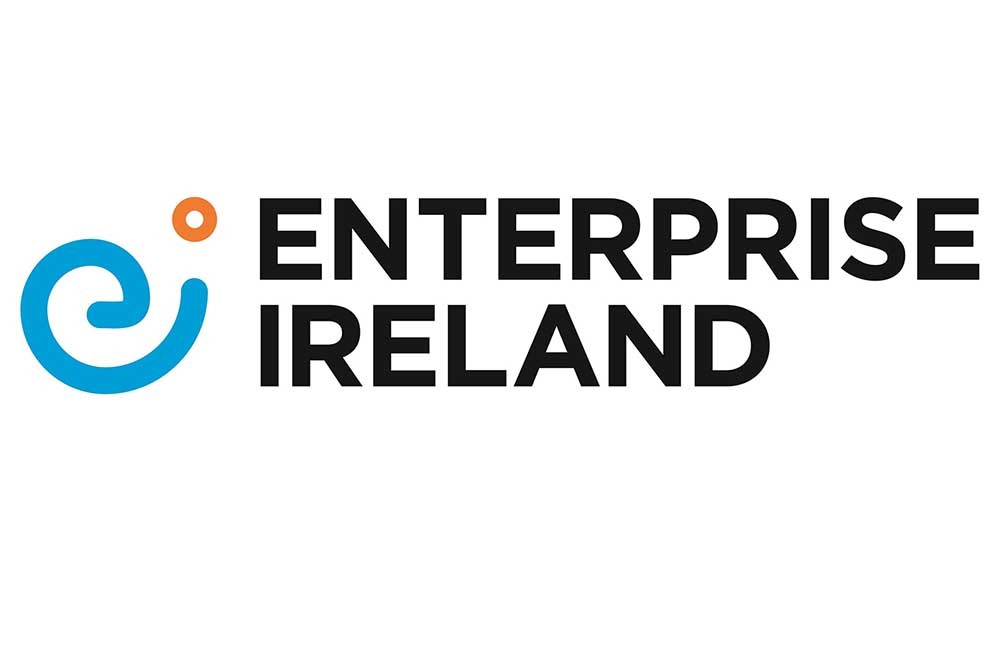In the ever-evolving business landscape of Ireland, 2024 stands as a pivotal year for entrepreneurs and small to medium-sized enterprises (SMEs) aiming to enhance their market position.
Moreover, fiscal incentives and support mechanisms, such as those introduced in Budget 2024, provide a financial springboard for businesses to navigate upcoming challenges and invest in the future. With the right combination of strategic planning and service integration, Irish entrepreneurs are well-placed to thrive in 2024’s dynamic commercial arena.
Incentives and Support Systems for Businesses
In 2024, Irish businesses can benefit from a range of incentives and support systems designed to bolster growth and streamline operations. Key entities such as Enterprise Ireland and the Local Enterprise Offices (LEOs) provide crucial funding and guidance, particularly for sectors prioritising digitalisation and innovation.
Enterprise Ireland has been pivotal in offering financial support to companies investing in research and development (R&D). The R&D Tax Credit scheme facilitates a significant offset of R&D costs, thus encouraging enterprises to pursue innovative projects.
Budget 2024 introduces measures such as a €250m Cost Relief Fund to assist small and medium-sized enterprises (SMEs) with rising business costs. Businesses can access this fund through initiatives like the Increased Cost of Business Scheme.
| Agency | Incentive | Objective |
| IDA Ireland | Investment Attraction | Incentivise foreign direct investment |
| Enterprise Ireland | Funding & Support | Accelerate indigenous business growth |
| Local Enterprise Offices | Grants & Mentorship | Assist local business development |

The enhance their online presence, businesses can consult a Digital Services Coordinator, helping them navigate digital strategies effectively. Moreover, The Employment Investment Incentive Scheme (EIIS) encourages investment in Irish businesses by offering tax relief for qualifying investors.
A critical aspect of Ireland’s financial landscape is the availability of various funding opportunities for businesses seeking to advance their digital capabilities or expand their operations internationally. Entities like IDA Ireland are instrumental in attracting and retaining foreign direct investment, offering unparalleled support to turn Ireland into a global business hub.
Strategies for Business Development
In the dynamic business landscape of Ireland in 2024, developing robust strategies for growth is paramount. One aspect that cannot be overstated is the incorporation of Artificial Intelligence (AI) into business operations. AI can dramatically enhance productivity and streamline process automation, paving the way for more efficient marketing and supply chain management.
Digital marketing strategies, particularly Search Engine Optimisation (SEO), play a crucial role in ensuring that businesses connect with their core audience. BeFound SEO in Ireland has emerged as a leader, guiding companies to boost online visibility and effectively engage with the Irish market. They emphasise the power of branding and a consistent digital presence, which can be significantly amplified through focused social media campaigns and targeted content.
To capitalise on networking opportunities, Irish enterprises are increasingly turning to workshops and partnerships that facilitate exchanges of knowledge and open new avenues for business acquisition. Attending networking events and collaborating with stakeholders can significantly influence a brand’s prominence within the local industry.
Additionally, advancements in supply chain logistics, including sustainable practices, are integral. Integration of electric vehicles and solar panels, supported by incentives such as the Smart Regions Fund, has demonstrated that environmentally conscious approaches can coexist with economic efficiency.
Lastly, acknowledging the digital transformation and subsequent rise in productivity leads to an inevitable focus on continuous improvement via training and innovation. Businesses that remain agile and receptive to change are poised to thrive in the vibrant, forward-thinking entrepreneurial climate of Ireland.

Financial Management for Irish Enterprises
Effective financial management is crucial for the success of Irish enterprises in 2024. Companies must navigate various financial responsibilities, including the management of cash flow, adherence to tax obligations, and exploration of funding opportunities.
Cash Flow: Maintaining a healthy cash flow is essential. Enterprises should leverage technology, such as budgeting software, to plan future finances and implement invoicing systems to expedite billing processes.
Tax Obligations:
Capital Gains Tax: It is imperative for businesses to understand liability and utilise tax credits where available.
Income Tax: Companies must ensure compliance while effectively managing the burden on finances.
Commercial Rates: Enterprises should be cognisant of local commercial rates and plan accordingly.
Energy Costs: With rising energy costs, investments in energy efficiency, including the potential use of electric vehicles, can significantly reduce operational expenses.
Funding:
Angel Investors: They can offer capital and expertise, impacting long-term growth positively.
Grants and Loans: Businesses may access various funding sources to strengthen their financial position.
Enhancing Decision-Making with Crucial Insights
In today’s data-driven landscape, decision-makers in Ireland must harness comprehensive data analysis and rigorous business intelligence to steer their companies towards success. Precise, evidence-based decisions are not just preferred but critical for sustained growth and resilience.
One strategic approach involves conducting company searches. These searches are instrumental in unearthing vital insights regarding the legal and financial status of competitors and potential partners. Collating details like previous names, registered offices, and the type of company plays a vital role in crafting a robust business strategy.
Incorporation details gleaned from these searches can prove invaluable. Knowledge about a company’s origins, history, and changes illuminate the decision-making pathway. Charge registrations offer a window into the financial obligations a company might have, indicating their fiscal health and risk level.
Lastly, acquiring accurate director information through company searches ensures that businesses can identify potential opportunities for collaboration, gauge management competencies, and assess any associated reputational risks.

A methodical analysis of these insights contributes to:
Identifying emerging market trends and adapting swiftly.
Assessing the competitive landscape with refined precision.
Mitigating risks through informed assessments of potential partnerships.
Leveraging such strategic intelligence equips businesses to make clear, insightful, and ultimately, more effective decisions. This can significantly improve strategic decision-making, leading to better business outcomes.
Leveraging Technology to Stay Ahead
In 2024, Irish businesses face a competitive and rapidly evolving digital landscape. A critical element of maintaining a leading edge is the integration of managed IT services. Companies that partner with reputable IT support providers benefit from strong technological foundations, ensuring efficient operations and robust data security.
Employing a managed IT service enables businesses to focus on core activities, delegating IT maintenance and troubleshooting to specialised professionals. This not only optimises workflow but also provides access to the latest technology and proactive support, mitigating potential disruptions before they can impact performance.
Business continuity is paramount, and hence, disaster recovery planning and data protection strategies become integral components of IT services. In addition to routine maintenance, a comprehensive IT service ensures resilience in the face of cyber threats and technical failures, safeguarding critical business data.
By embracing IT maintenance, companies are better positioned to adapt to new technologies that drive innovation. This includes the adoption of cloud computing, advanced analytics, and AI solutions, streamlining operations and enhancing decision-making capabilities.
For entrepreneurs and enterprises alike, leveraging technology through reliable IT management is not just about staying current; it’s a strategic investment that propels growth and fosters long-term sustainability in Ireland’s dynamic market.
Compliance and Regulatory Concerns
In Ireland, businesses must navigate a complex regulatory landscape to maintain compliance. Employment law requires adherence to standards such as the National Minimum Wage and other workplace rights. Companies must stay informed about changes to ensure they meet all legal obligations regarding their employees.
The Tax Administration Liaison Committee plays a crucial role in the dialogue between taxpayers and the administration. Organisations should engage with such entities to keep abreast of tax policy developments, including the Corporation Tax Rate, VAT Registration Threshold, and eligibility for various tax credits.
When it comes to data governance, safeguarding customer data is paramount. Organisations must comply with regulations protecting personal information and ensure that their handling of sales and customer interactions meets stringent standards. These considerations are crucial for businesses aiming to foster trust and maintain a competitive edge.
For taxation matters, entities pay close attention to their required contributions. The Corporation Tax Rate in Ireland necessitates strategic planning to optimise tax positions, while businesses must be aware of the VAT Registration Threshold to understand their obligations for charging VAT.
Firms should also conduct thorough company searches to gain insights into the compliance practices of potential partners or competitors. Such searches can reveal valuable information about an organisation’s financial health and adherence to legal standards.
Workforce and Workplace Adaptations
Adapting to the evolving landscape of the Irish business environment requires strategic focus on workforce and workplace changes. Organisations are prioritising workplace flexibility and remote work options, reflecting global trends and catering to employee preferences. This shift has shown positive correlations with productivity, largely attributed to a better work-life balance.
Workplace culture is another critical factor; fostering an inclusive and engaging environment is essential. Implementing the Key Employee Engagement Programme (KEEP) incentivises employees through share options, directly linking their contributions to the company’s success.
Skills development is also a top priority for Irish businesses. They are increasingly collaborating with entities like the Local Enterprise Office to ensure their workforce is skilled and agile, ready to meet the demands of a modern economy.
Employment laws in Ireland are adapting to the new ways of working, with considerations being made to acute aspects like the right to disconnect, ensuring employees’ well-being in increasingly digital work settings.
| Key Aspects | Business Impact |
| Workplace Flexibility | Attracts and retains top talent |
| Remote Work | Increases employee satisfaction and retention |
| Skills Development | Ensures a competitive and adaptable workforce |
| Employment Laws | Provides a framework for fair work conditions |
Businesses striving for excellence must integrate these elements into their strategies for 2024 to remain competitive and to nurture a thriving work environment.
Conclusion
In navigating the evolving economic landscape of Ireland, entrepreneurs and small businesses play a crucial role. They contribute significantly to economic growth and diversification.
As the economic environment evolves, so must the approaches taken by businesses. Those who prioritise agility, customer engagement, and sustainable practices will likely see their efforts reflected in their long-term success and contribution to the Irish economy.
